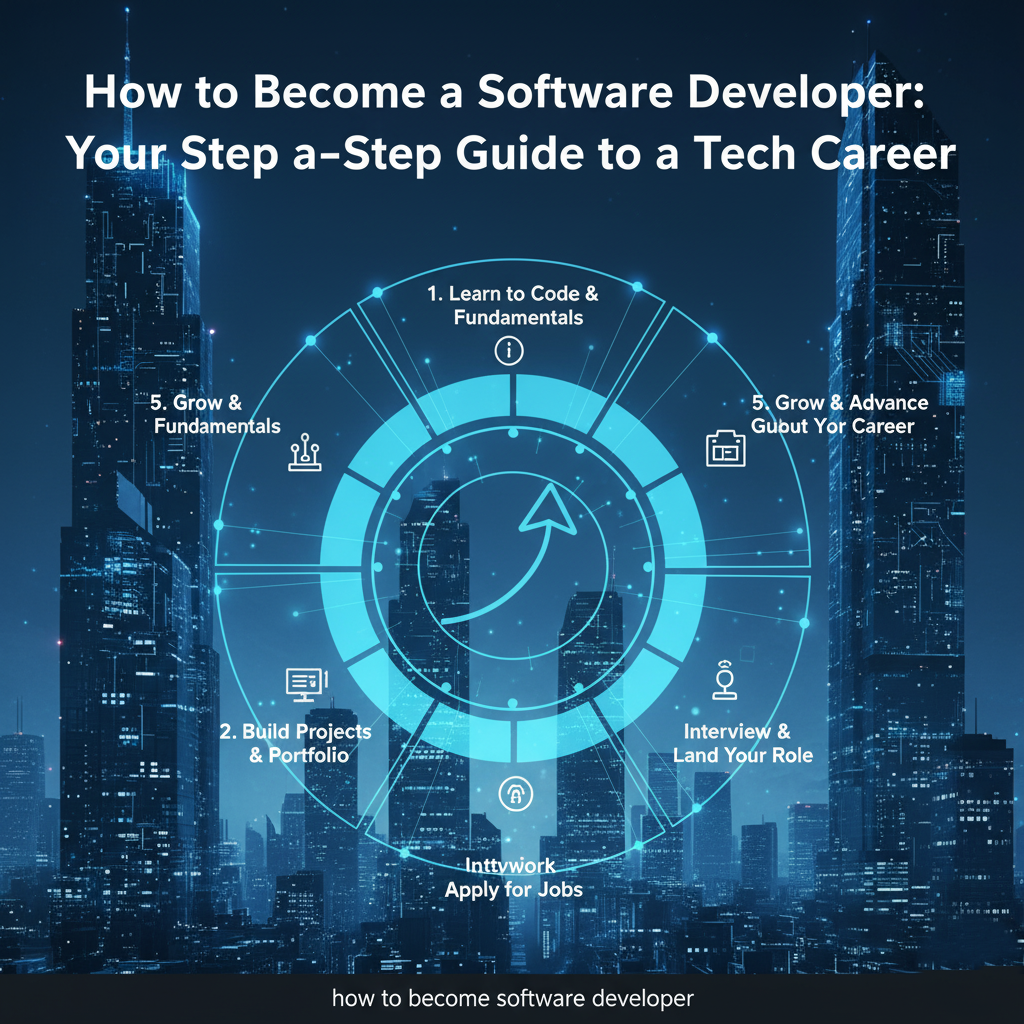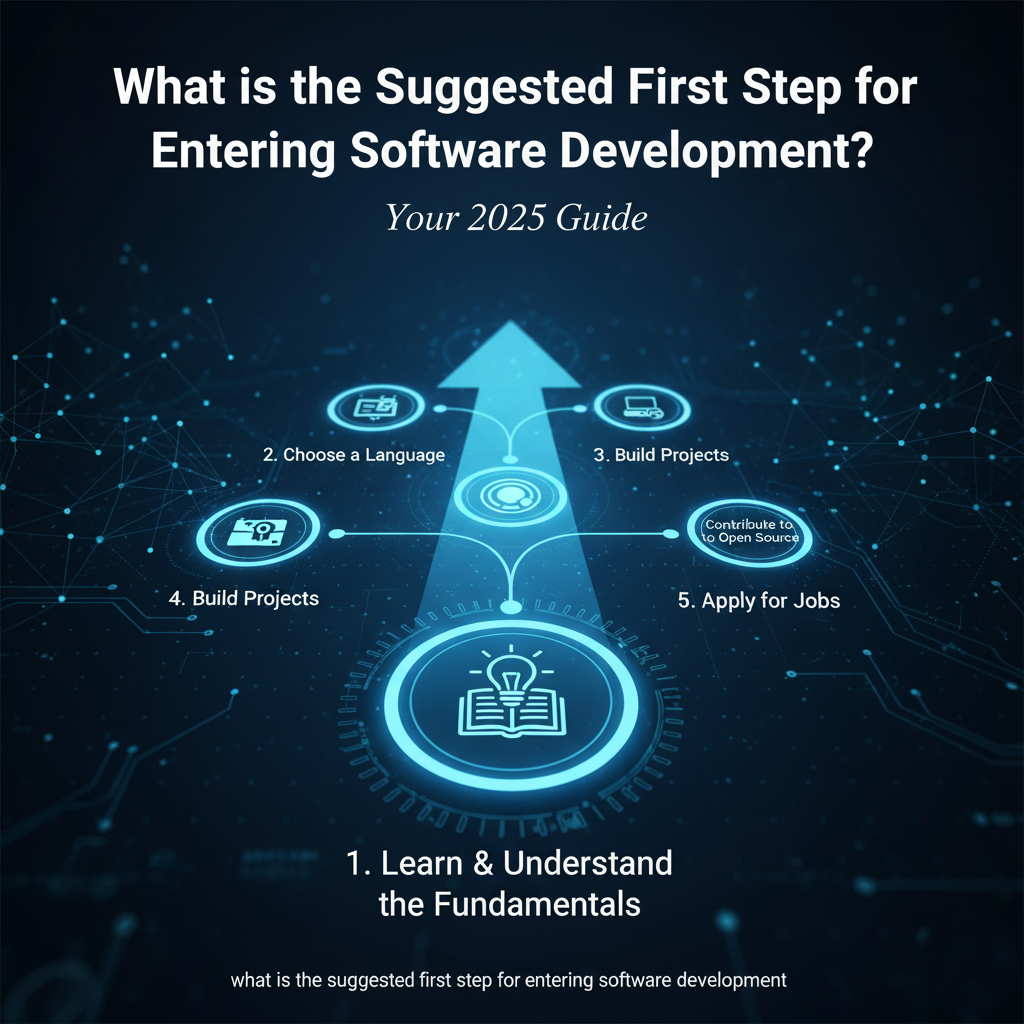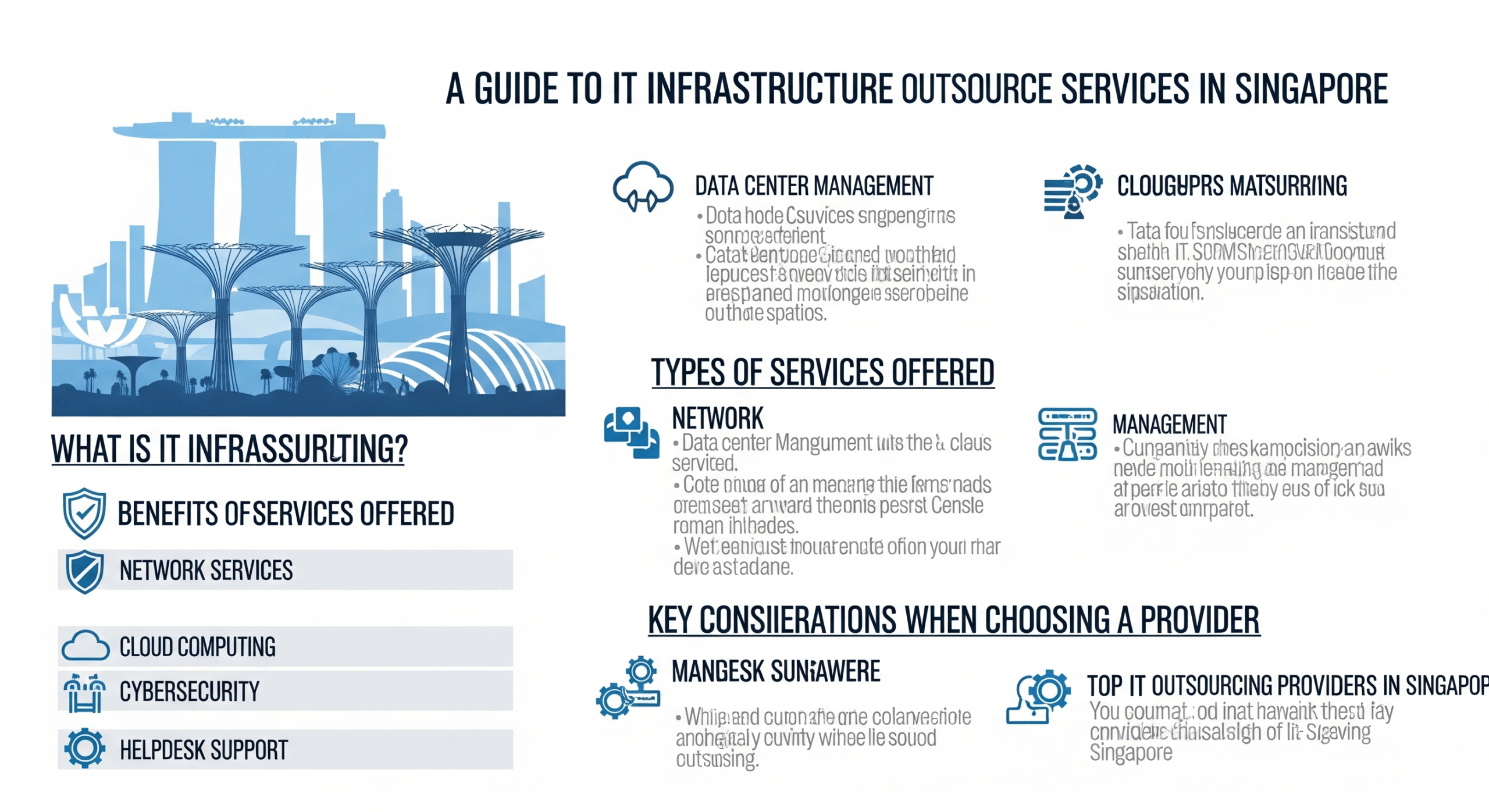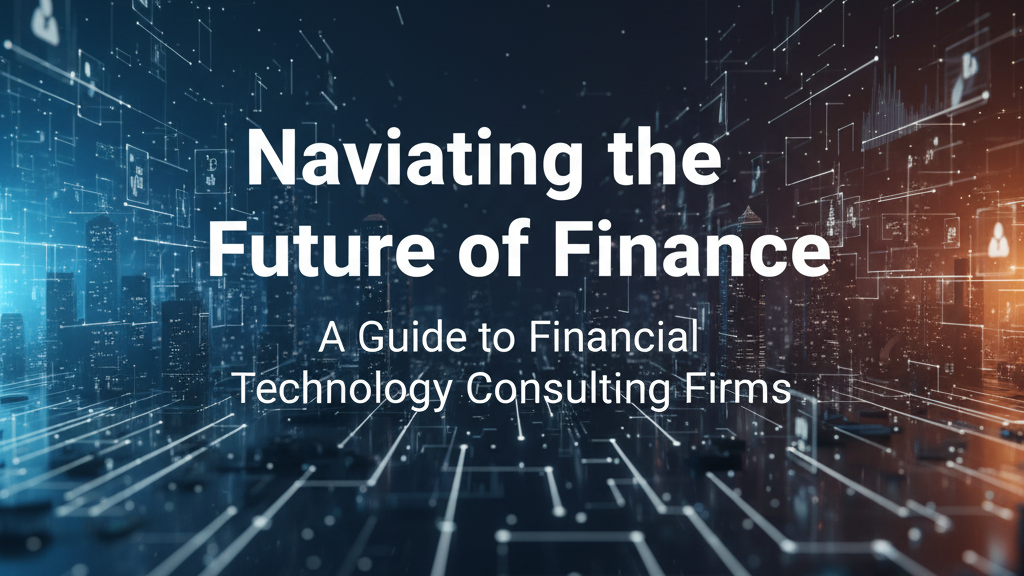The demand for software developers continues to surge, with the U.S. Bureau of Labor Statistics projecting 25% growth in employment from 2022 to 2032—much faster than most occupations. But how to become a software developer can seem daunting if you’re starting from scratch. The good news? There are multiple paths into this rewarding field, and this comprehensive guide will walk you through each step of the journey.
Assess Your Starting Point
Before diving in, take honest stock of your current situation:
Identify Your Background:
- Career Changer: You’re transitioning from another field
- Recent Graduate: You’re starting your professional journey
- Self-Taught Enthusiast: You’ve been learning independently but want to go pro
Consider Your Constraints:
- Time: Can you study full-time or only evenings/weekends?
- Budget: What can you invest in education and resources?
- Goals: Are you seeking corporate employment, freelance work, or startup opportunities?
Choose Your Learning Path
There’s no single “right” way to become a developer. Consider these three main paths:
1. Computer Science Degree (4 years)
- Pros: Comprehensive theoretical foundation, strong networking opportunities, preferred by some employers
- Cons: Significant time and financial investment, may include irrelevant coursework
- Best for: Traditional students seeking deep computer science knowledge
2. Coding Bootcamp (3-9 months)
- Pros: Intensive, job-focused curriculum, career support services, faster timeline
- Cons: Can be expensive ($10,000-$20,000), intensive pace may be overwhelming
- Best for: Career changers needing structured, accelerated training
3. Self-Taught Route (6-18 months)
- Pros: Lowest cost, complete flexibility, learn at your own pace
- Cons: Requires extreme discipline, no formal guidance, longer timeline
- Best for: Highly motivated individuals with strong self-direction
Essential Skills to Master
Regardless of your path, these technical and soft skills are non-negotiable:
Technical Skills:
- Programming Fundamentals: Variables, data types, loops, conditionals, functions
- Version Control (Git): Essential for collaboration and code management
- Data Structures and Algorithms: Critical for technical interviews
- At Least One Programming Language Deeply: JavaScript, Python, or Java are beginner-friendly choices
- Database Basics: SQL and database design principles
Soft Skills:
- Problem-Solving: Breaking down complex issues into manageable parts
- Communication: Explaining technical concepts to non-technical stakeholders
- Collaboration: Working effectively in team environments
- Adaptability: Keeping up with rapidly evolving technologies
Build a Strong Portfolio
Your portfolio is your most powerful job-search asset. Focus on quality over quantity:
Select 3-5 Quality Projects:
- Project 1: A full-stack web application (e.g., task manager with user authentication)
- Project 2: A mobile app or responsive web application
- Project 3: Something that solves a real problem you’ve encountered
Portfolio Best Practices:
- Clean GitHub Repositories: Well-documented code with proper README files
- Live Demos: Deployed projects that people can actually use
- Code Quality: Readable, well-structured code following best practices
- Storytelling: Explain why you built each project and what you learned
Gain Practical Experience
Theory alone won’t land you a job. Seek out real-world experience:
Internships: Even unpaid internships provide valuable experience and references
Open Source Contributions: Start with beginner-friendly issues on GitHub
Freelance Projects: Offer your services to local businesses or non-profits
Hackathons: Great for networking and building projects quickly
Execute Your Job Search Strategy
A strategic approach yields better results than mass-applying:
Optimize Your Application Materials:
- Résumé: Focus on projects and skills, not just education. Use action verbs and quantify achievements
- LinkedIn Profile: Complete all sections, especially projects and skills endorsements
- Cover Letters: Customize each letter to show genuine interest in the company
Network Strategically:
- Attend local meetups and tech conferences
- Connect with developers on LinkedIn (with personalized messages)
- Participate in online communities like Stack Overflow and Dev.to
Application Approach:
- Target 10-15 quality applications per week rather than mass-applying
- Research companies thoroughly before applying
- Follow up strategically 7-10 days after applying
Ace the Interview Process
Preparation is key to interview success:
Technical Interview Preparation:
- Practice coding challenges on LeetCode and HackerRank
- Study data structures and algorithms
- Practice explaining your thought process out loud
Behavioral Interview Preparation:
- Prepare stories using the STAR method (Situation, Task, Action, Result)
- Research common behavioral questions
- Prepare thoughtful questions to ask interviewers
Portfolio Presentation:
- Be ready to walk through your projects in detail
- Explain your technical decisions and what you learned
- Discuss challenges you overcame
Continue Learning and Growing
Your first job is just the beginning:
First 90 Days:
- Focus on learning company systems and processes
- Build relationships with colleagues
- Seek feedback regularly
Ongoing Development:
- Stay current with new technologies and trends
- Contribute to open source projects
- Consider specialization as you gain experience
Alternative Paths and Considerations
Age Is Just a Number: It’s never too late to start—many successful developers begin in their 30s, 40s, or beyond
Remote Opportunities: Software development offers excellent remote work possibilities
Freelance Options: Consider contract work as a pathway to full-time employment
Conclusion
Becoming a software developer requires dedication, but the path is more accessible than ever. The key is consistent, focused effort on building practical skills and creating a portfolio that demonstrates your abilities.
Remember that every expert developer was once a beginner. Start with one small step today—whether it’s writing your first line of code, researching bootcamps, or connecting with a developer on LinkedIn. Your future in tech is built one skill, one project, and one connection at a time.
The demand for skilled developers isn’t slowing down. With the right approach and persistence, you can position yourself to meet that demand and build a rewarding, future-proof career.
Frequently Asked Questions (FAQ)
Do I need a computer science degree to become a software developer?
No. While degrees are valuable, many employers prioritize demonstrable skills and experience. Bootcamps, self-study, and strong portfolios can effectively showcase your abilities.
How long does it take to become job-ready?
With focused effort, most people can reach job-ready status in 6-12 months. Bootcamp graduates often land jobs within 3-6 months of starting their program, while self-taught developers typically need 9-18 months.
What programming language should I learn first?
Python and JavaScript are excellent first languages. Python has simple, readable syntax, while JavaScript lets you build interactive web applications immediately. Choose based on your interests and goals.
Is there age discrimination in tech?
While ageism exists in some companies, many organizations value experienced professionals. Your skills, adaptability, and attitude matter more than your age. The tech industry increasingly values diverse perspectives.
What’s the average salary for entry-level developers?
According to Glassdoor, the average entry-level software developer salary in the United States is approximately $75,000, with variations based on location, company, and specific skills.




